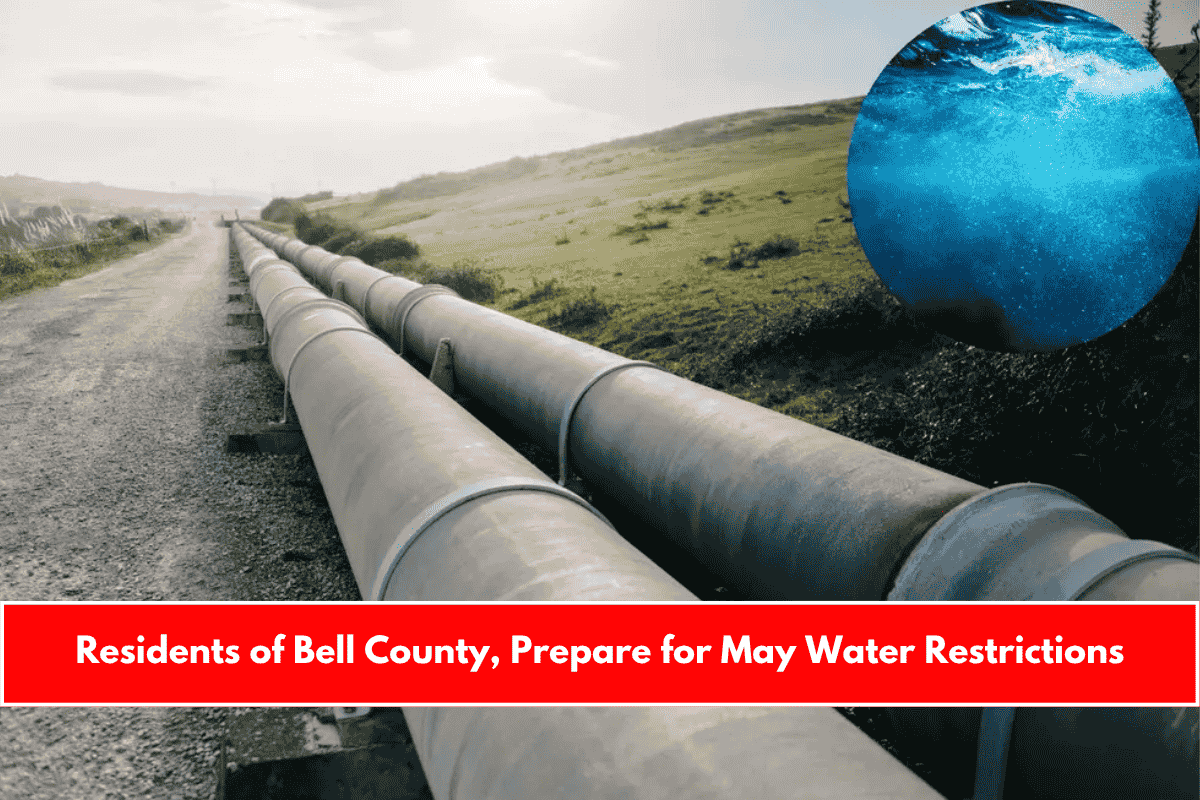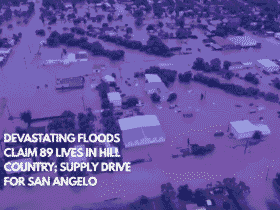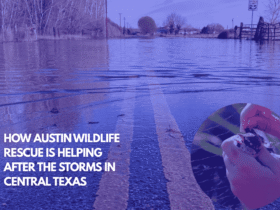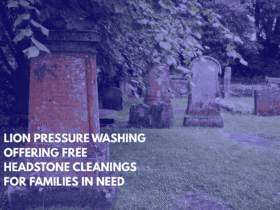If you live in Bell County, Texas, you’ve probably noticed a lot of renovation and construction happening lately—from roads to buildings, there’s always something being fixed or improved. Now, one of the most important upgrades is about to happen, and it affects something we all use every day: water.
A major water pipeline project is set to be completed by the end of May 2025, and while it’s exciting news, residents need to do their part to help during the final stage of the process.
What’s Changing in Bell County’s Water System?
According to a report by KWTX, a new, improved water pipeline will soon be ready for use. This project includes:
- Replacing a 5,000-foot pipeline that is four feet in diameter with a new high-capacity steel pipe.
- Installing a new 3-million-gallon ground storage tank, replacing two old tanks that have been in service for more than 50 years.
This project is expected to improve water supply, make it more reliable, and support the growing needs of the area. The upgrade is a big step toward better water infrastructure for everyone in Bell County.
What Should Residents Do Between May 26–30?
While the pipeline work is being finalized, residents in several Bell County cities are being asked to take a small but important step: limit their water usage from May 26 to May 30.
This request comes from Ricky Garrett, the General Manager of the Water Control and Improvement District #1. Here’s what he said:
“We’re just asking for those few days if people could avoid outdoor watering. This helps ensure hospitals, emergency services, and firefighting operations aren’t impacted.”
This means don’t water your garden, lawn, or wash cars during those five days. It’s just a temporary request but will make a big difference in keeping water available for essential services like hospitals and fire stations.
Which Areas Are Affected?
The areas that are requested to reduce water use during the final stage of the project include:
- Copperas Cove
- Fort Cavazos
- Harker Heights
- Killeen
- Nolanville
These cities are directly connected to the pipeline and storage system, and the cooperation of residents here is crucial for a smooth transition.











Leave a Reply